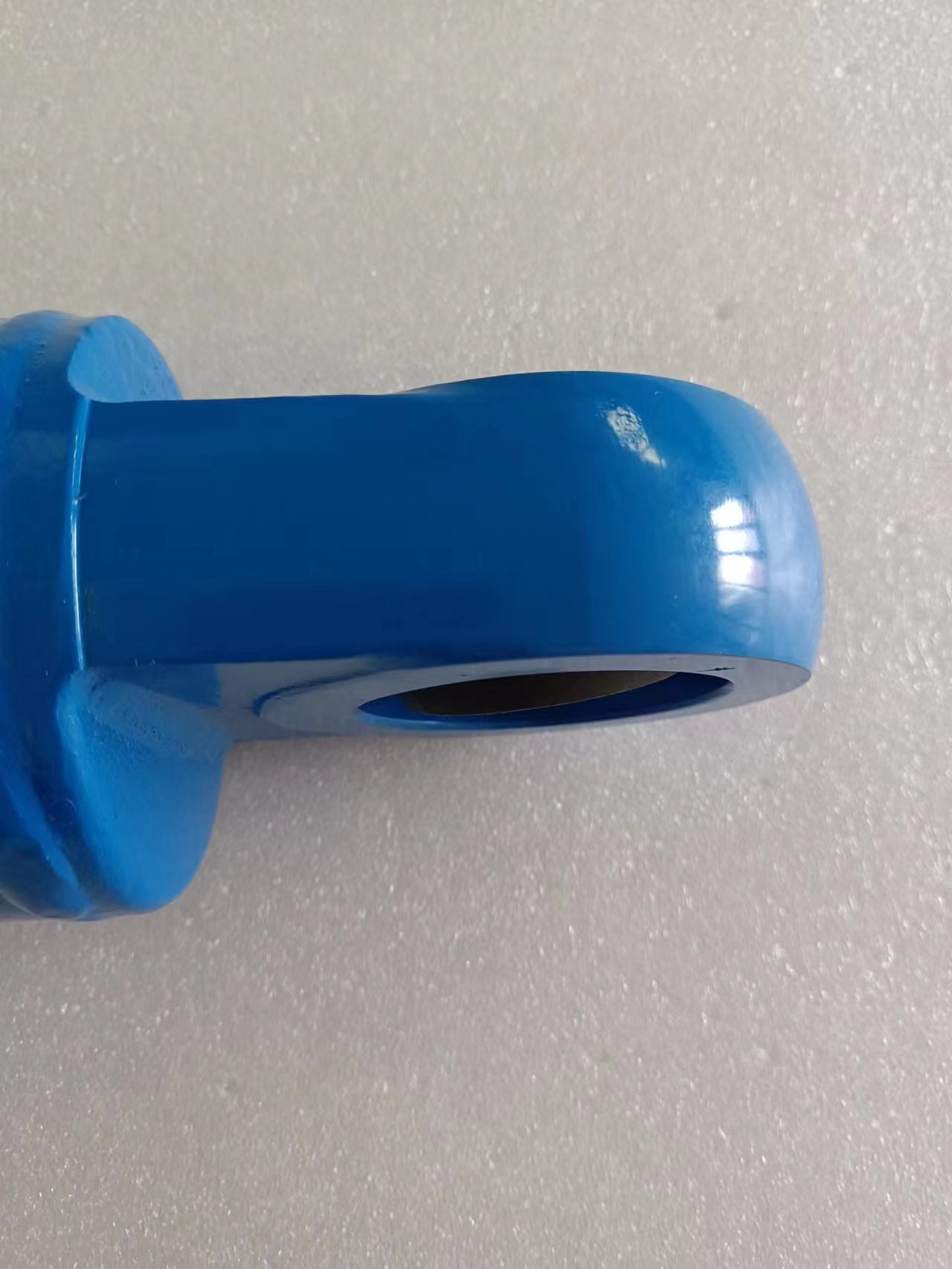Aug . 05, 2024 03:07 Back to list
Common Causes and Solutions for Hydraulic Cylinder Leakage in Chinese Machinery Industry
Understanding and Addressing Hydraulic Cylinder Leaks in China
Hydraulic cylinders are critical components in a wide array of machinery used in various industries, including construction, manufacturing, and transportation. Their primary function is to convert hydraulic energy into mechanical force, enabling them to perform tasks such as lifting, pushing, or pulling heavy loads. However, one of the most common issues encountered with hydraulic cylinders is leaking. In China, where manufacturing and industrial activities are on the rise, understanding the causes and implications of hydraulic cylinder leaks is essential for maintaining efficiency and safety.
Causes of Hydraulic Cylinder Leaks
Hydraulic cylinder leaks can arise from several factors, primarily related to wear and tear, poor maintenance, and manufacturing defects. The most common reasons include
1. Seal Damage The seals within hydraulic cylinders play a crucial role in preventing fluid from escaping. Over time, exposure to high pressures and extreme temperatures can cause these seals to deteriorate, leading to leaks. Contaminants in the hydraulic fluid, such as dirt or debris, can also wear down seals more quickly.
2. Pitting and Corrosion Hydraulic cylinders are often exposed to harsh environmental conditions, which can lead to pitting and corrosion on the cylinder walls. These imperfections create pathways for hydraulic fluid to escape. In regions with high humidity or where machinery is exposed to the elements, corrosion becomes a significant concern.
3. Improper Installation Hydraulic cylinders must be installed correctly to function efficiently. Misalignment during installation can lead to undue stress on seals and other components, increasing the likelihood of leaks. Additionally, using incompatible materials or incorrect specifications can exacerbate this problem.
4. Overheating The hydraulic fluid acts as both a lubricant and a coolant within the system. If the fluid overheats due to excessive workload or poor thermal management, it can lead to increased pressure and, ultimately, seal failure. Maintaining proper operating temperatures is vital for prolonging the life of hydraulic cylinders.
Implications of Hydraulic Cylinder Leaks
china hydraulic cylinder leaking

The consequences of a leaking hydraulic cylinder can be severe, affecting both productivity and safety. A hydraulic leak not only leads to loss of hydraulic fluid but can also result in decreased efficiency in machinery operation. This decline in performance means that machinery may struggle to perform its designated tasks, leading to delays in projects and increased operational costs.
From a safety standpoint, leaks can pose significant risks. Hydraulic fluid can create slippery surfaces, increasing the potential for accidents. Moreover, if not addressed promptly, a substantial leak can lead to catastrophic failure of the hydraulic system, which can endanger operators and nearby personnel.
Prevention and Maintenance Strategies
To mitigate the risk of hydraulic cylinder leaks, regular maintenance and monitoring are essential. Here are some strategies for effective prevention
1. Routine Inspections Regular checks can help identify signs of wear and tear, such as fluid residue around seals or corrosion on the cylinder body. Early detection allows for timely repairs before major leaks develop.
2. Quality Seals and Materials Using high-quality seals and ensuring compatibility with the hydraulic fluid can significantly reduce the chances of leaks. Invest in reputable suppliers to source these critical components.
3. Proper Training Ensure that personnel involved in the installation and maintenance of hydraulic systems receive proper training. Understanding best practices can prevent installation errors that might contribute to leaks.
4. Fluid Management Maintaining the correct levels and quality of hydraulic fluid is vital. Regularly changing the fluid and checking for contaminants will support optimal system performance.
In conclusion, while hydraulic cylinder leaks are a common issue in many industries in China, understanding their causes and implications allows for effective preventive measures. With proper maintenance and vigilance, the longevity and efficiency of hydraulic systems can be maximized, ensuring smooth operations and enhanced safety in the workplace.
-
1.5 Ton Flipping Oil Cylinder 70/82-40-217-720 - Hebei Shenghan Hydraulic Machinery Co., Ltd.
NewsSep.01,2025
-
1.5 Ton Flipping Oil Cylinder 70/82-40-217-720-Hebei Shenghan Hydraulic Machinery Co., Ltd.
NewsSep.01,2025
-
1.5 Ton Flipping Oil Cylinder-Hebei Shenghan|Precision&Custom Solutions
NewsSep.01,2025
-
1.5 Ton Flipping Oil Cylinder 70/82-40-217-720-Hebei Shenghan Hydraulic Machinery|Precision Engineering&Customization
NewsSep.01,2025
-
1.5 Ton Flipping Oil Cylinder 70/82-40-217-720 - Hebei Shenghan | Hydraulic Solutions, Customization
NewsSep.01,2025
-
1.5 Ton Flipping Oil Cylinder 70/82-40-217-720 - Hebei Shenghan Hydraulic Machinery Co., Ltd.|Precision Engineering&Customizable Hydraulic Components
NewsSep.01,2025
